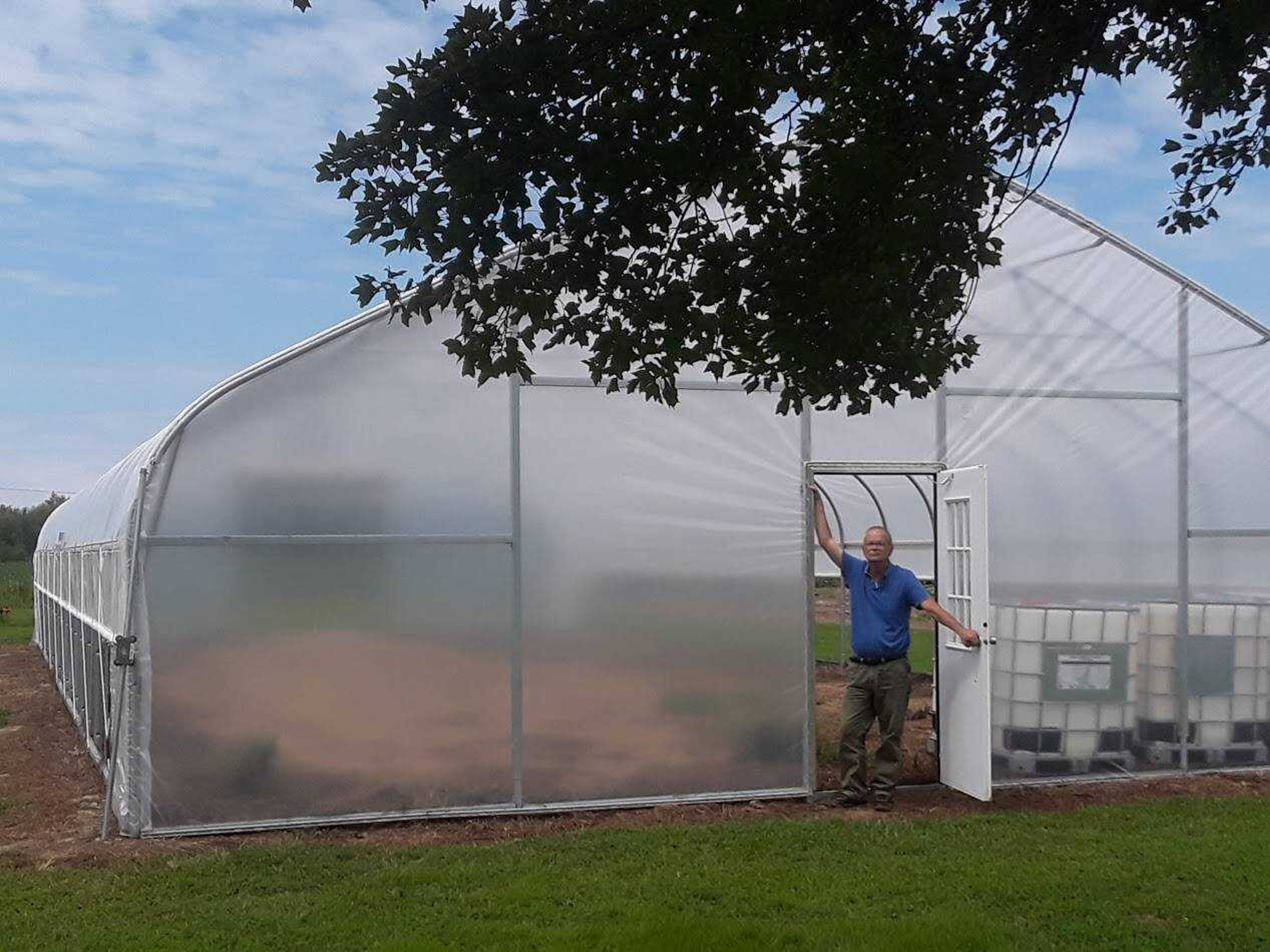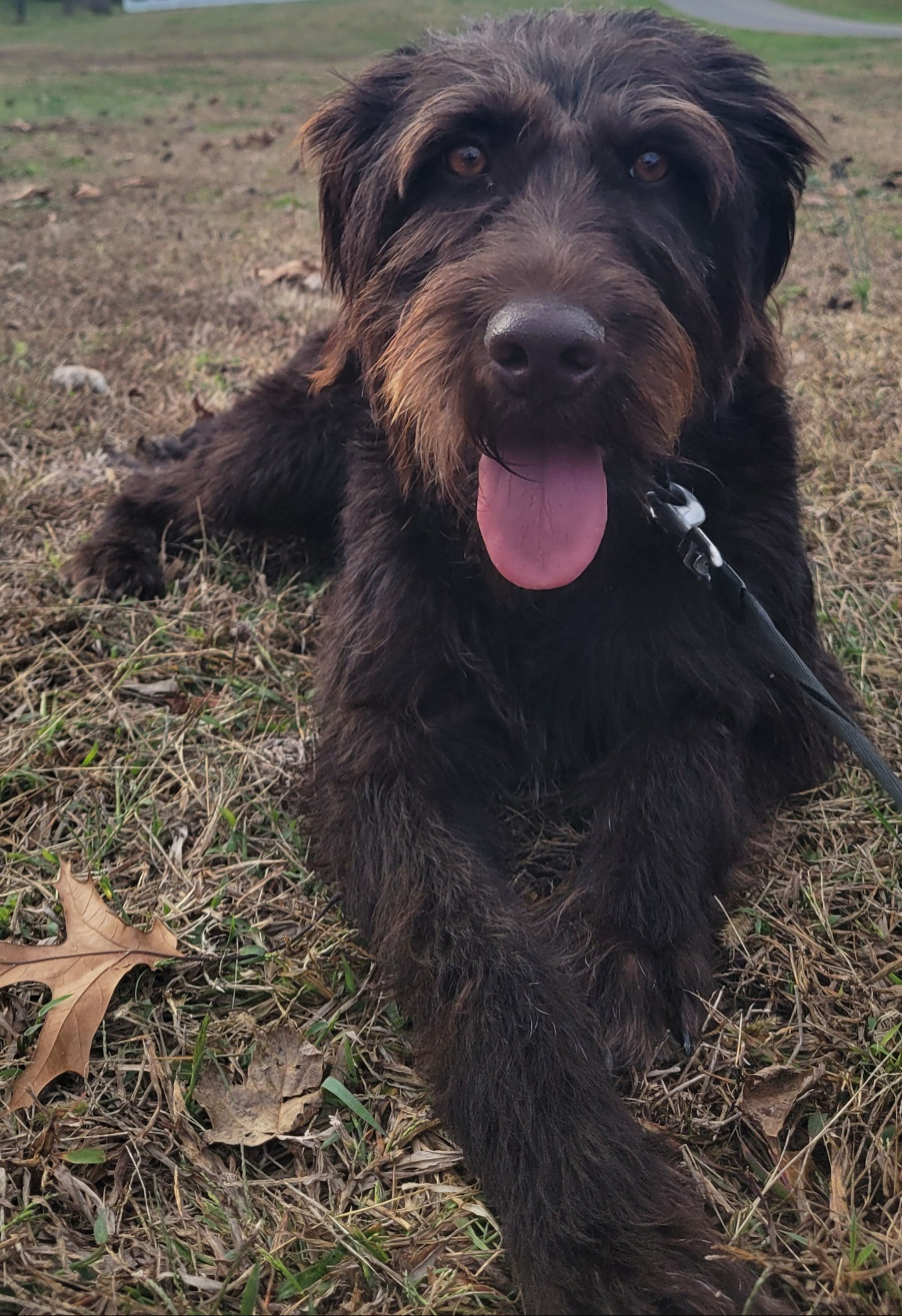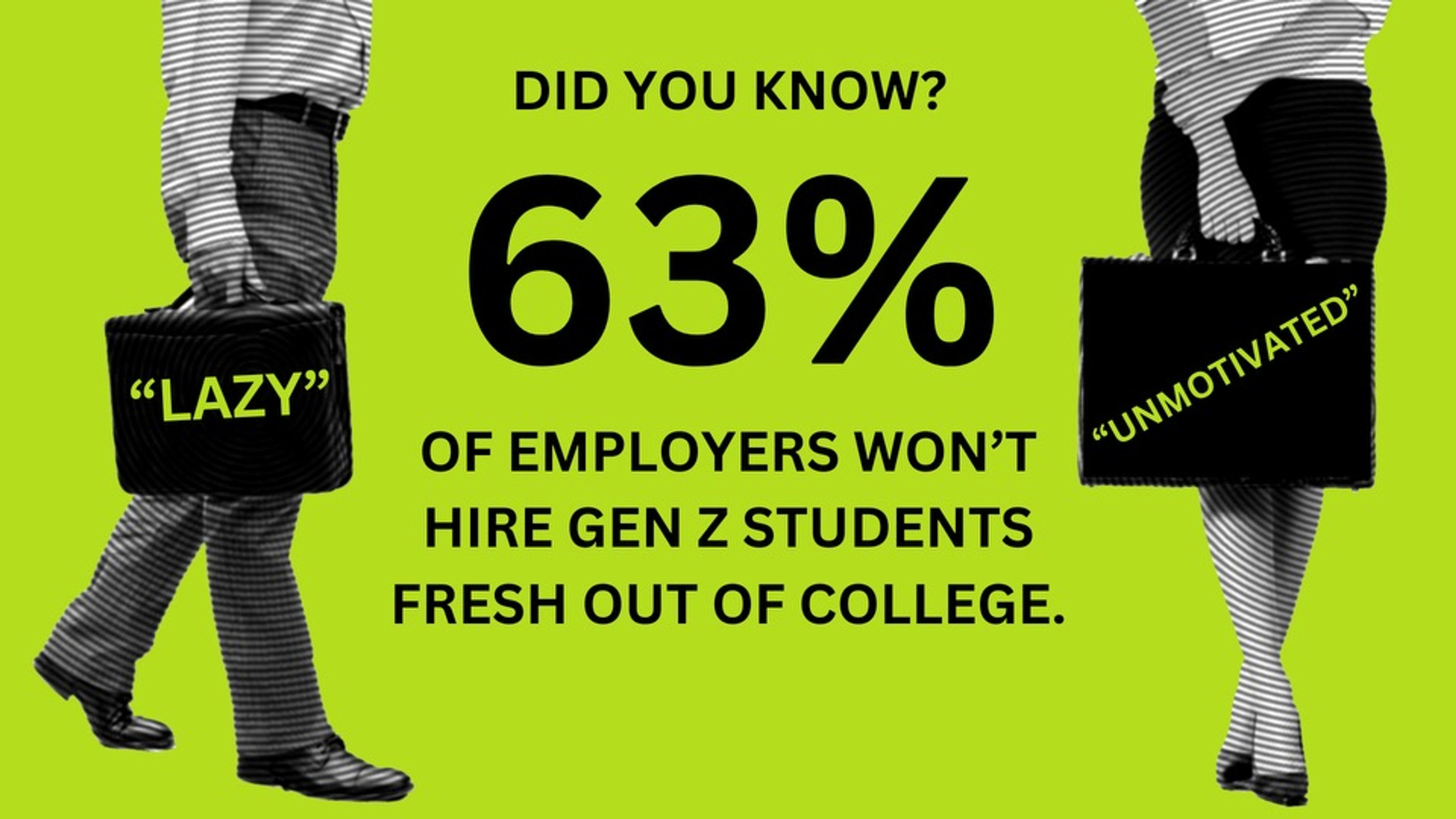Sikeston’s Campus Vegetable Demonstration Garden Provides jobs for Southeast region, fresh food for all
Southeast’s Sikeston Campus and Lincoln University were in partnership to create a Vegetable Demonstration Garden, which opened in May.
Southeast’s Sikeston Campus and Lincoln University were in partnership to create a Vegetable Demonstration Garden, which opened in May.
The student-led garden aims to provide more jobs and increase fresh produce for the Southeast Missouri Region.
Professor for the Department of Agriculture Michael Aide and Instructor of Agriculture Byron McVay said the Missouri Bootheel is one of the best places to grow vegetables to supply to places around America.
Aide said the garden can assist with issues such as obesity, global warming and unemployment. He discussed the importance of the Vegetable Demonstration Garden for the Southeast Missouri region.
“The bootheel has areas we consider a food desert, by that, there are not always places where you can buy healthy, fresh vegetables and other food products,” Aide said. “Working with Lincoln University, we’re encouraging small acreage farmers or land owners to start producing their own vegetables.”
According to University Communications, the program received a USDA grant for $28,301 to install a 45-by-72 foot ventilated high tunnel north of the Southeast’s Sikeston Campus to grow a variety of fall vegetables such as squash, potatoes and sweet corn. There is also an open-air, one-acre vegetable field adjacent to the high tunnel, also used for harvesting.
With seeds from all around the world, the student’s research focuses on what will grow better and handle adversity in Southeast Missouri.
Baker Creek Heirloom Seed Company, the world’s largest producer of organic seeds, has sponsored this program with a variety of seeds at reduced prices to help with the research.
Due to the seed company’s sponsorship, Aide and his team are able to tend to more than 300 different varieties of plants from places like Asia, Africa and Europe. Some of the most recent vegetables harvested were sent to a food pantry in New Madrid, Missouri.
Aide and McVay said they got agriculture students at Southeast together to learn how to harvest and grow vegetables as well as conduct research as part of their curriculum. The students are using these skillsto produce their own crops and make a business out of it.
Sophomore Gracie Sutton is an Agribusiness major who is pursuing an emphasis in plant and soil science has been working closely with McVay during her time at Southeast. She said she gains field experience on how to properly tend to a plants and handle plant crops in the vegetable garden.
“We’ve had a hundred different varieties of tomato plants that I had to hand plant and that was pretty challenging,” Sutton said. “I’ve had a lot of fun with it, and [McVay] said he would teach me how to cross breed so that will help me get experience to cross breed for after I graduate.”
In the future, this research will allow farmers to have a wider variety of plants they can choose from and know what will grow well in this region.
“We’re trying to produce a cropping system that will alleviate the food desert that we know exists,” Aide said.
One reason the garden is so important, McVay said, is the Southeast Missouri region is a much more suitable place for production than places where water is harder to come by, such as California.
“California has a water shortage, as it takes 1.1 gallon of water to make one almond,” McVay said. “[The Southeast Missouri region] has excessive water, but in California, irrigation for a vegetable garden is harder there.”
McVay said California’s water shortage problem is only one example of the issues the Vegetable Demonstration Garden can help solve by providing with vegetables and produce they may not be able to grow.
Since this region has the means to grow produce and vegetables others need, the vegetables harvested in the demonstration garden can be shipped wherever needed while turning a profit.
McVay hopes not only to provide fresh produce but to also open a cannery using the fresh items harvested. The cannery will have sustainable food packaged in cans for storage such as pickles from fresh cucumbers and ketchup or tomato paste created from the garden’s harvested tomatoes.
He wants to be able to ship off fresh made in America and trusted to be fresh.
For more information about the Vegetable Demonstration Garden, visit www.semo.edu/regional





